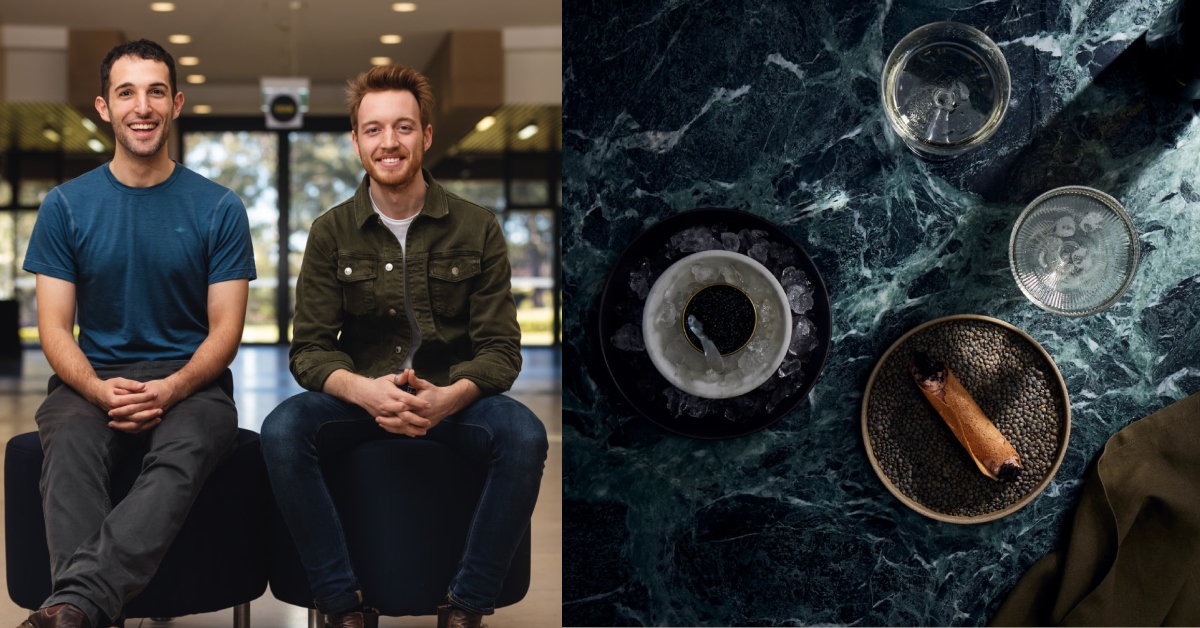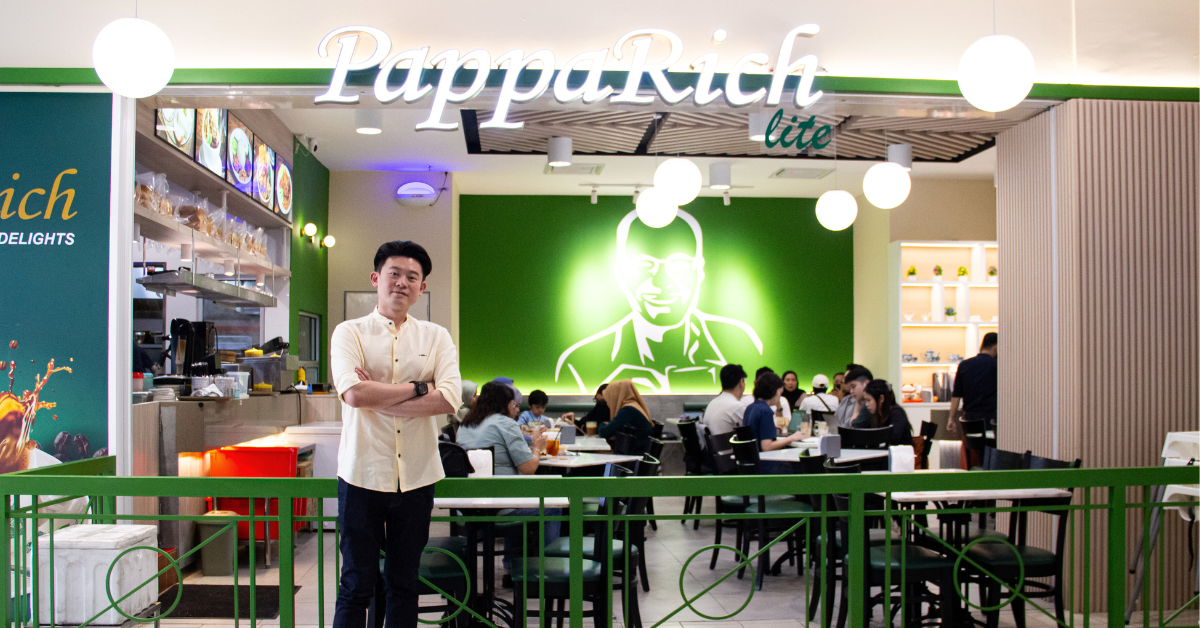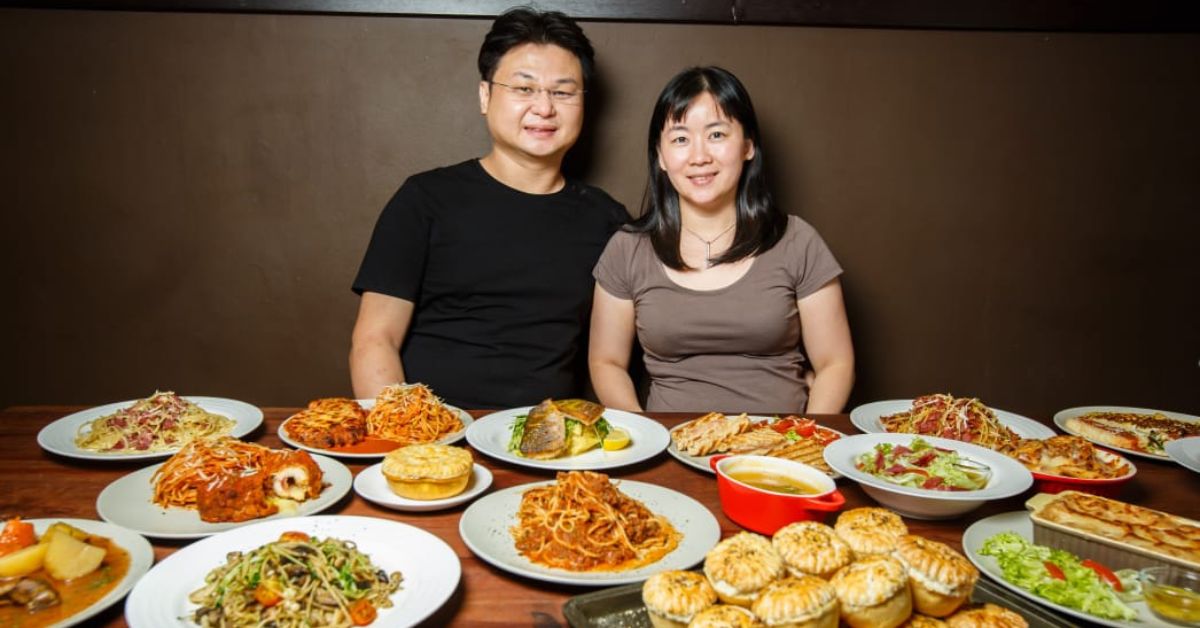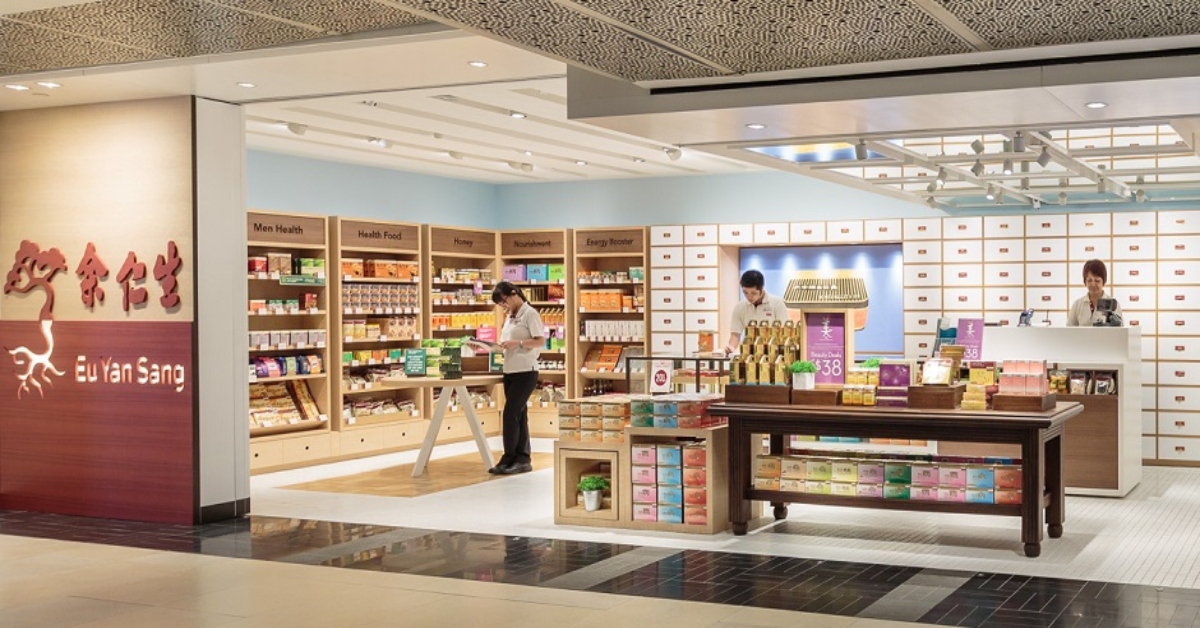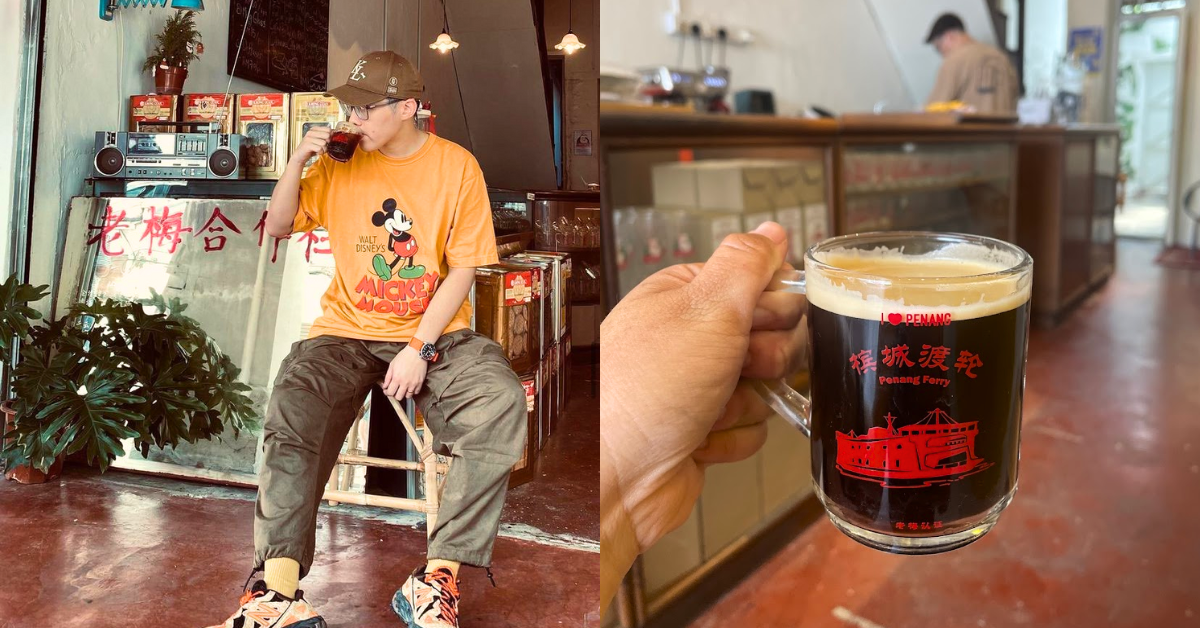Australian alternative protein company Vow launched its cultivated quail meat, Quailia, yesterday (April 3) in Singapore after receiving regulatory approval from the Singapore Food Agency (SFA).
Under the brand Forged, Quailia is described as an “entirely new cultivated meat” made from the cells of a Japanese quail.
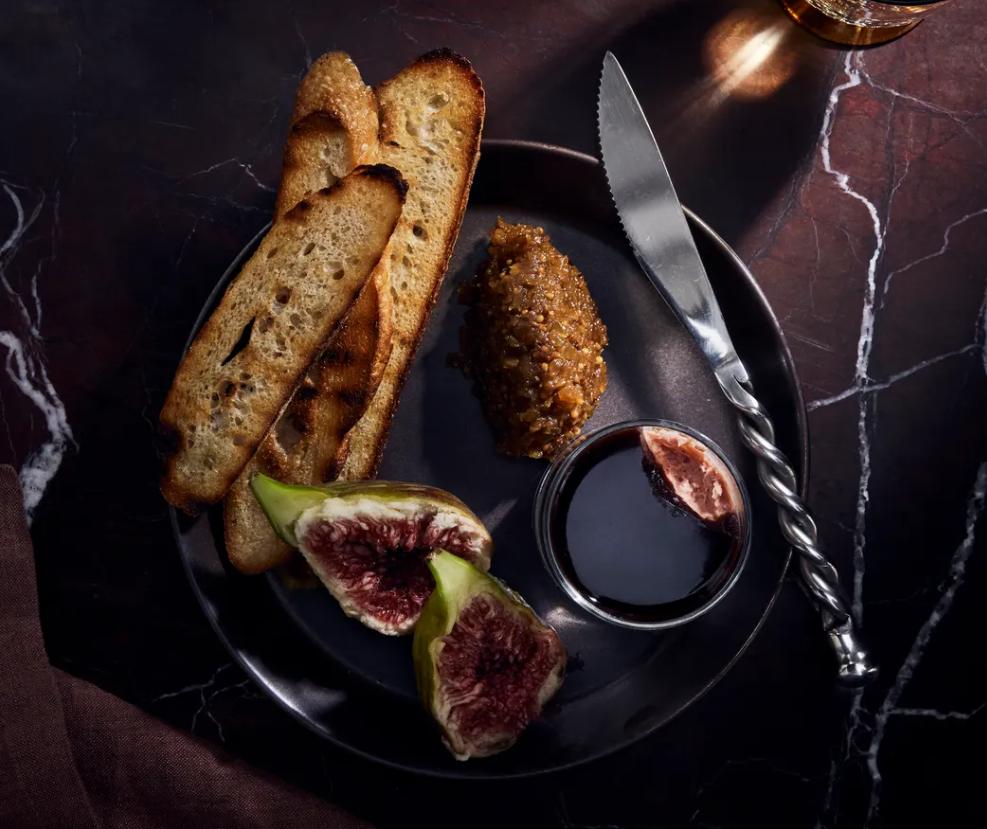
According to an article by The Straits Times, co-founder and CEO George Peppou shared that the company wanted to create a product that was “distinctively different” from meat that consumers are already accustomed to, such as chicken, pork, or beef.
“People have a general vibe of what quail tastes like, but they don’t have a very distinct impression of its taste as they would with other conventional types of meat,” explained Peppou.
He also shared that it took 15 months for the company to receive approval from the SFA for the sale of its cultivated quail as a food ingredient. The license will allow Vow to develop all kinds of quail-derived food products, including whole meat cuts, without further approval from the authorities.
The Forged Parfait will be available to the public for tasting at Mori restaurant from April 12 to 27, as part of a S$289 seven-course omakase menu with alcoholic drink pairings.
According to Forged’s website, the brand will be announcing its first restaurant collaboration in May this year and has plans to launch new flavours down the road.
Doesn’t want to compete in taste with “real meat”
Quailia is currently produced in Sydney, where scientists start by taking a small sample of cells from a Japanese quail species and isolating the cells that contribute to the parfait’s taste and texture.
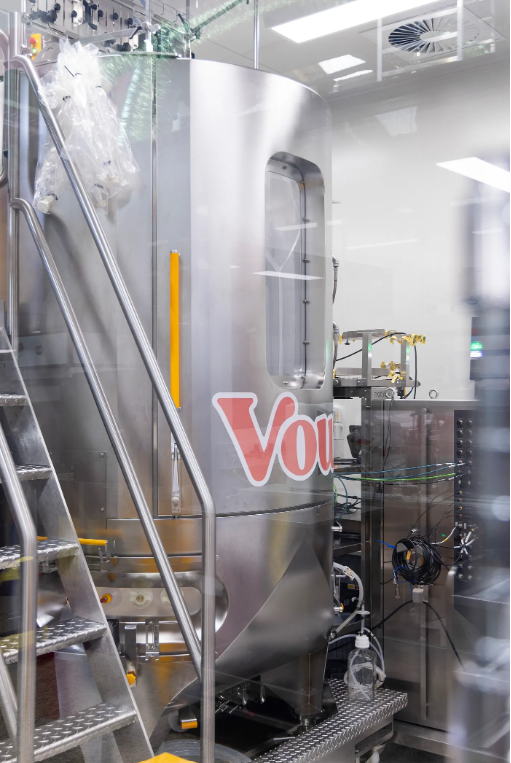
These cells are then cultured in a bioreactor – a stainless steel tank similar to the ones found in a brewery. To bring out the “gaminess of quail”, ingredients including butter, seasoning and cognac are added to make the parfait.
Unlike many cultivated meat companies, Vow does not intend to replace agricultural-grown meats with their products. In a self-written article, Peppou pointed out the challenges that many of Vow’s predecessors experienced in changing consumer behaviours with their alternative proteins.
You’re not going to change consumer behaviour by offering them something which is a similar enough version of what they already consume.
Externalities like sustainability or animal ethics are not enough for us to change our behaviours for very long, despite what we’d like to believe. This is why plant-based alternatives have plateaued in sales in the past three years; the ethical or moral motivations aren’t reason enough to get meat-eaters to forgo a thing they love, and any alternative is fighting against a lifetime of experience on what chicken is and isn’t.
George Peppou, co-founder and CEO of Vow in a written article on Medium
Over the past few years, the cultivated meat industry has started out with much fanfare. However, many alternative protein companies have plateaued and been unable to achieve commercial success.
A notable case in Singapore would be Shiok Meats, who garnered media attention for their cell-based siew mai and cultivated crustacean products. The food-tech startup has shared that they were unable to scale their production process and experienced high turnover rates as a result.
In March this year, the company merged with another Singapore-based startup, Umani Bioworks (previously known as Umami Meats), to spur regulatory approvals and launch its products into the market.
Despite the industry’s scrutiny, Peppou shared that he has remained confident in the firm’s commercial viability through its “one-of-a-kind” products.
The firm previously raised US$49.2 million in Series A funding in 2022, where the funds will be used to build their second factory facility and bring their products to the market.
Vow was also the mastermind behind the “mammoth meatball,” which went viral last year because it was created using the DNA of the extinct mammoth. While the meatball was not made for consumption, the firm also boldly stated the “potential of cultured meat from many different perspectives.”
Whether it is blind optimism or a new breakthrough in the cultivated meats industry, only time can tell the success of Vow and Forged.
Featured Image Credit: Square Peg Capital, Vow
